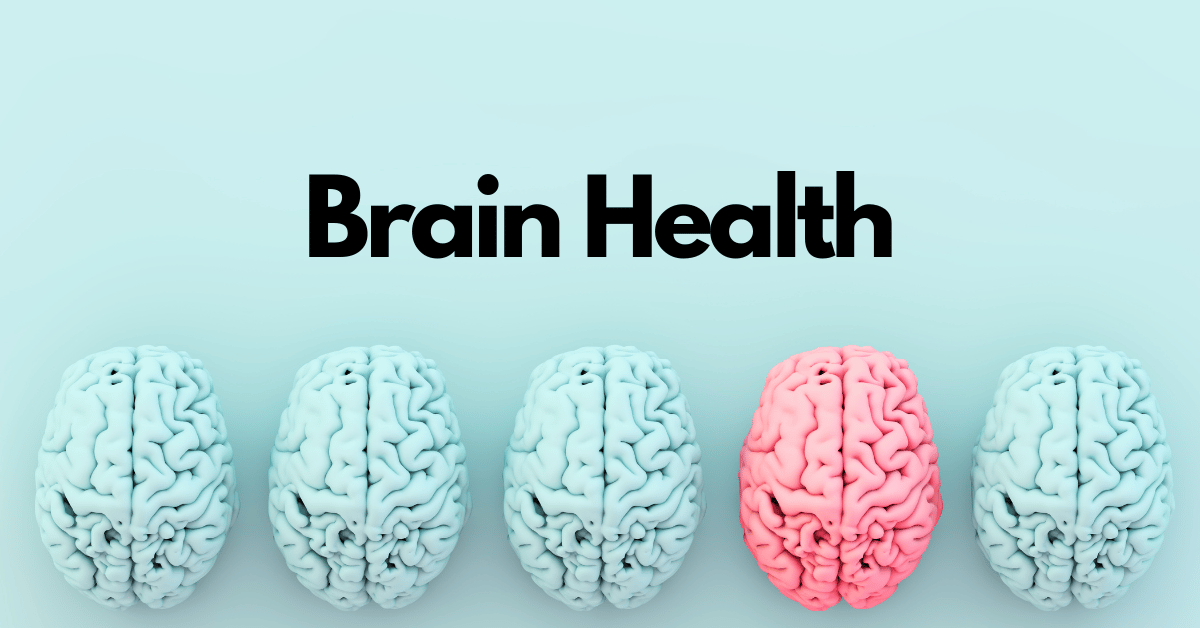The brain is an intricate organ responsible for controlling various bodily functions, including thought, memory, emotion, and more. Aging naturally brings changes to mental function, but cognitive decline isn’t inevitable. Here are five priorities for optimal cognitive function, brain health and enhance overall well-being.
1. Prioritize Quality Sleep
Quality sleep is essential for brain health, as it allows the brain to remove toxins that accumulate during the day. Adequate sleep improves brain function, memory, alertness, and overall cognitive performance. Aim for 7 to 9 hours of sleep each night, and consult a healthcare provider if sleep disturbances like snoring persist, as they may indicate an underlying sleep disorder.
2. Maintain Proper Hydration
Water comprises about 80% of the human brain and is vital for transporting nutrients essential for neurological function. Optimal hydration enhances attention, alertness, mood, and cognitive function. Dehydration, on the other hand, can impair memory and cognitive performance. Ensure you stay well-hydrated throughout the day to support brain health.
3. Embrace a Brain-Friendly Diet
Nutrition plays a crucial role in brain health, and following a brain-friendly diet can help prevent or delay symptoms of dementia. The MIND diet, which combines aspects of the Mediterranean and DASH diets, focuses on plant-based foods rich in antioxidants and nutrients beneficial for brain health. Incorporate plenty of leafy greens, vegetables, berries, nuts, whole grains, poultry, and fish, while limiting consumption of butter, cheese, red meat, and sweets.
4. Cultivate Mindfulness
Practicing mindfulness has been linked to structural changes in the brain that support cognitive function. Mindfulness can reduce stress and promote creativity, memory, and learning. Regular mindfulness practice has been shown to impact areas of the brain associated with stress regulation, emotional control, problem-solving, and memory formation. Incorporate mindfulness techniques into your daily routine to support brain health.
5. Engage in Regular Physical Activity
Physical activity like SilverSneakers is not only beneficial for physical health but also plays a crucial role in maintaining cognitive function and reducing the risk of Alzheimer’s disease. Aim for at least 150 minutes of moderate aerobic activity per week, such as brisk walking, to support brain health. Regular exercise improves balance, flexibility, strength, energy levels, and mood, while also preserving cognitive function as you age.
Incorporating these strategies into your lifestyle can help optimize brain health and enhance overall well-being. Remember, taking proactive steps to care for your brain today can have lasting benefits for years to come. For more insights on maintaining optimal health, explore our previous articles on nutrition, sleep, and mindfulness. Together, let’s prioritize our brain health and live life to the fullest.

